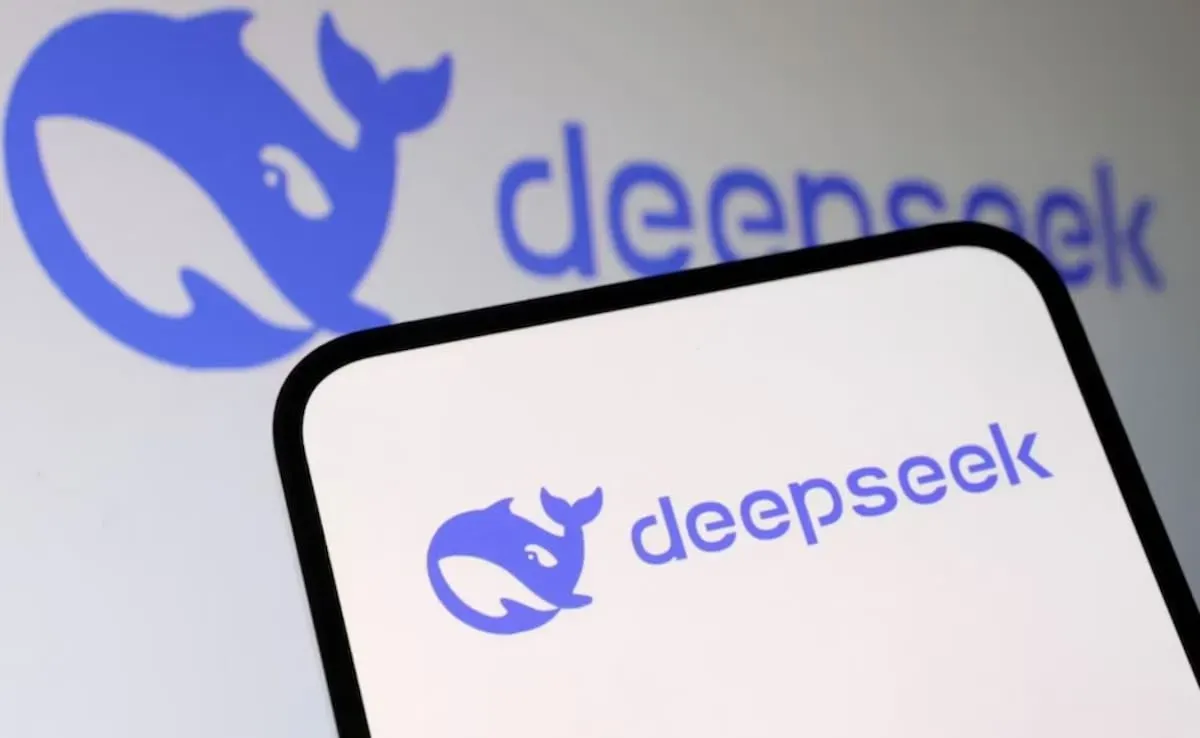DeepSeek is rapidly making headlines in the tech world, especially as discussions around the DeepSeek TikTok ban gain momentum. This Chinese AI app has stirred significant debate, particularly concerning its implications for national security. With privacy concerns mounting, many fear that DeepSeek could threaten user data security similar to the controversies surrounding TikTok. Critics warn that the DeepSeek app controversy reflects broader issues related to the Chinese government’s influence over technology and data privacy. As lawmakers scrutinize the potential ramifications of DeepSeek, it is crucial to consider how this app could reshape the landscape of artificial intelligence in the U.S.
The emergence of DeepSeek, a groundbreaking application from China, has sparked a wave of discussions about its potential repercussions on user privacy and national security. As experts analyze the implications of this advanced AI tool, it becomes evident that concerns akin to those raised about TikTok are now at the forefront. The ongoing scrutiny not only involves the app’s ability to process and utilize personal data but also highlights broader fears about foreign technology infiltrating domestic markets. Increasing alarm over the possible misuse of data by entities like the Chinese government is drawing parallels to previous tech controversies, emphasizing the need for stringent regulatory measures. Thus, the dialogue surrounding DeepSeek underscores a pivotal moment in the intersection of technology, privacy, and international relations.
Understanding the DeepSeek Controversy
DeepSeek, a new AI app developed in China, has rapidly gained traction in the U.S. market, raising eyebrows and igniting a heated debate regarding its implications for national security. This controversy echoes the previous concerns surrounding TikTok, which has faced scrutiny over its data privacy practices and potential links to the Chinese government. The rapid rise of DeepSeek, which recently surpassed established competitors like ChatGPT in downloads, has triggered alarms among U.S. lawmakers and security analysts who fear that the app’s capabilities could be exploited for nefarious purposes.
The primary concern revolves around DeepSeek’s privacy policy, which outlines the types of data it may collect from users, including personal information, voice recordings, and even enterprise data. Such comprehensive data aggregation raises significant alarms about user privacy and the potential for sensitive data to be accessed by the Chinese government. As the app becomes increasingly popular, discussions about its implications for national security and the protection of user data are gaining momentum, reminiscent of the scrutiny faced by TikTok.
Frequently Asked Questions
What are the national security concerns related to DeepSeek?
DeepSeek raises significant national security concerns similar to those associated with the TikTok ban. Experts fear that the app could collect sensitive data from users and share it with the Chinese government, jeopardizing the privacy and security of American citizens.
How does DeepSeek compare to TikTok in terms of privacy concerns?
While TikTok’s privacy issues primarily revolve around the volume of data collected, DeepSeek poses a more concentrated risk by potentially exploiting vulnerabilities on a large scale. It explicitly states that it may collect extensive user data, including voice recordings and personal information, which raises alarms about data security.
Could DeepSeek face a ban in the U.S. like TikTok?
Given the current scrutiny over national security risks, DeepSeek could face a ban in the U.S. if it is deemed to pose a significant threat, similar to the actions taken against TikTok. The U.S. government is likely to evaluate the potential for data exploitation and vulnerabilities associated with DeepSeek.
What makes DeepSeek a potential threat to U.S. national security?
DeepSeek’s potential threat stems from its ability to collect and store large amounts of sensitive data in China and its reported vulnerabilities that could be exploited for malicious purposes. Experts highlight that the app’s design may allow it to identify and exploit weaknesses at scale, raising serious security alarms.
What are the implications of DeepSeek’s technology on the AI industry?
DeepSeek’s technology could disrupt the AI industry by reducing reliance on expensive high-performance hardware and data centers. If its claims about low-cost training and efficiency are validated, it may compel competitors to rethink their investment strategies in AI development.
How does DeepSeek’s data collection practices compare to those of TikTok?
DeepSeek’s data collection practices are more extensive than TikTok’s, as it explicitly states it may collect user inputs, files, and other personal data, which could be shared with authorities. This raises more significant concerns regarding the potential misuse of sensitive corporate and personal information.
What should companies do to protect their data from DeepSeek?
Organizations must conduct thorough audits of their AI assets and ensure robust data protection strategies are in place to prevent sensitive information from being inadvertently exposed to DeepSeek or other similar tools, especially given the risk of data flowing to adversarial entities.
What steps are being taken by U.S. lawmakers regarding DeepSeek?
U.S. lawmakers are advocating for stronger export controls on technologies essential for DeepSeek’s AI infrastructure, reflecting concerns that the Chinese Communist Party could leverage such tools to threaten national security and exploit American technology.
| Key Point | Details |
|---|---|
| DeepSeek’s Impact | Rising AI app similar to ChatGPT, but raises national security concerns. |
| National Security Risks | Concerns reminiscent of previous bans on Huawei, Kaspersky, and TikTok. |
| Potential Threat to Data | DeepSeek collects extensive user data, heightening privacy risks. |
| Regulatory Implications | Government may consider bans based on perceived threats to national security. |
| Comparison with TikTok | DeepSeek poses a more concentrated risk due to exploitation capabilities. |
| Investment Disruption | DeepSeek’s low-cost training could challenge existing AI investment models. |
| Data Governance | Organizations need to audit and protect against potential data exposure. |
| Protectionist Policies | National security concerns may mask protectionist agendas against Chinese apps. |
Summary
DeepSeek has emerged as a significant player in the AI landscape, raising the specter of a potential ban similar to TikTok’s due to national security concerns. As discussions about the implications of DeepSeek’s data collection practices and its Chinese origins continue, it highlights the urgent need for robust regulations in the tech industry. The risk associated with DeepSeek extends beyond mere privacy issues; it encompasses the potential exposure of sensitive corporate information and trade secrets. In summary, while DeepSeek’s innovations may disrupt the AI market, they also pose serious questions about data security and governance that must be addressed as the U.S. navigates its relationship with foreign technology.










